About Morris Brown MD
Dr. Morris Brown was born into a large family in 1948 in Anniston, Alabama, a community deeply entangled in the struggles of the civil rights era. As the fourth of eight children, his early life was shaped by his mother, who transitioned from sharecropping to a nurse’s aide, and his father, a laborer who also served as a Baptist preacher—these formative years in a family committed to hard work and spiritual values profoundly influenced him, imbuing him with a resolve to rise above the challenges of racial segregation that marked his early years.
Dr. Brown’s childhood coincided with pivotal and traumatic events in the civil rights movement, which exposed him to the stark realities of racial injustice. Yet, these circumstances forged his aspirations rather than curbing them. He embarked on his professional journey in roles seldom held by African Americans in his community, such as a bagger and cashier, setting early examples of integration and perseverance. These experiences not only shaped his character but also his future ambitions.
From an early age, he excelled academically and in leadership roles. During his high school years at Cobb Avenue High School, he culminated as class president, graduating third. His pursuit of higher education led him to Knoxville College, a historically black college in Tennessee, where he earned a Bachelor of Science in Biology. At Knoxville, Dr. Brown was actively involved in the Omega Psi Phi fraternity and student government, sharpening his leadership skills and preparing him for the challenges ahead.
His desire to make a tangible impact in medicine led him to Meharry Medical School, renowned for its dedication to training physicians to serve underserved communities. There, he immersed himself in rigorous medical training and community service, preparing to address the healthcare access and quality disparities he had witnessed growing up.
Upon graduating from Meharry in 1974, Dr. Brown entered the United States Air Force Medical Corps, where he served as the Director of Aerospace Medicine. This role expanded his medical and leadership capabilities across various national and international posts, providing a broader perspective on global healthcare challenges and the importance of medical diplomacy.
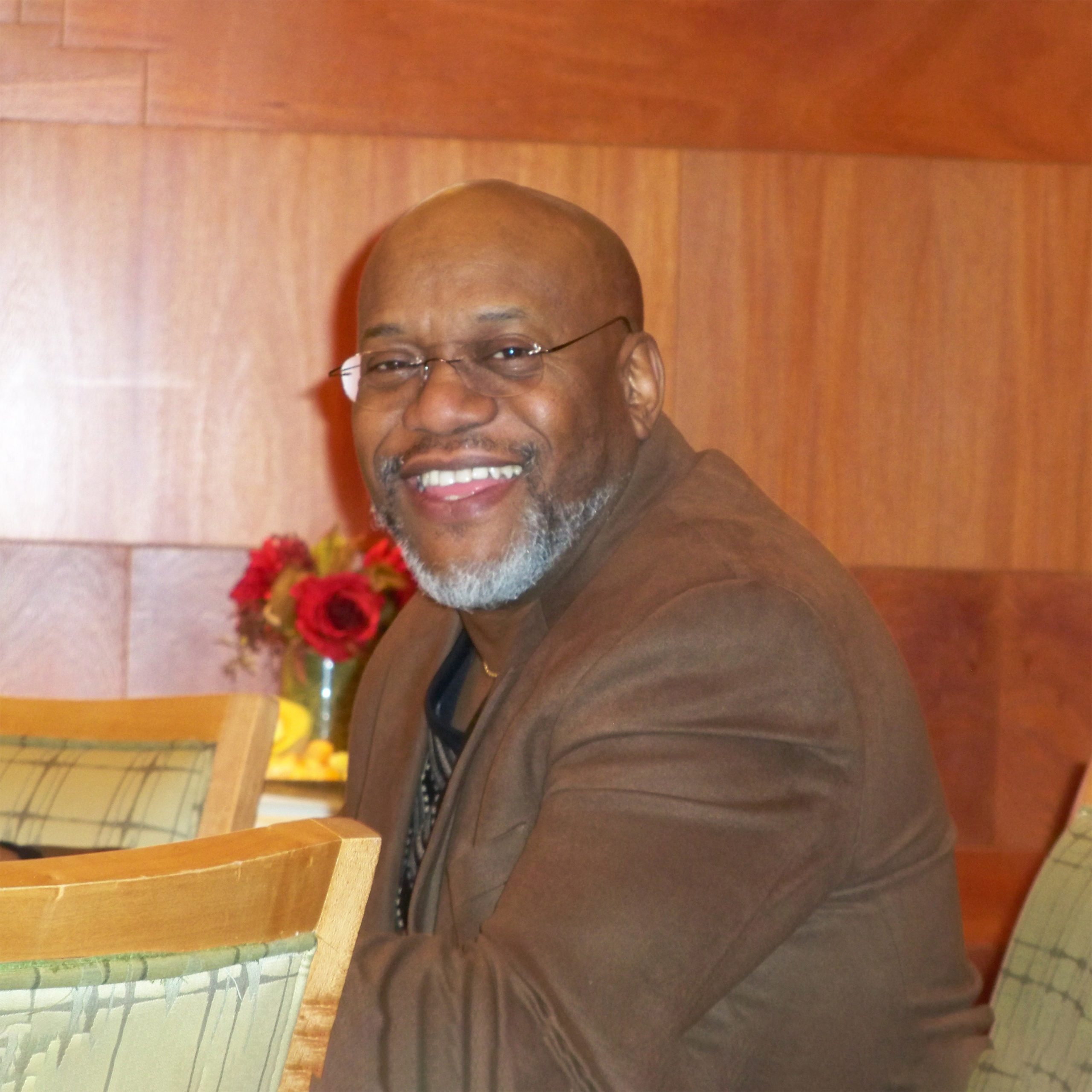
Portfolio
Morris Brown MD
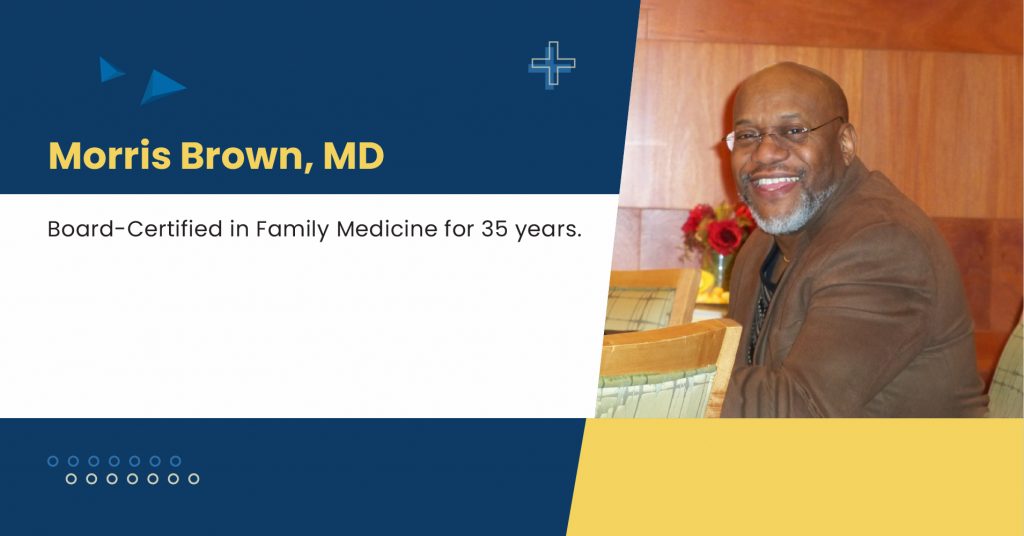
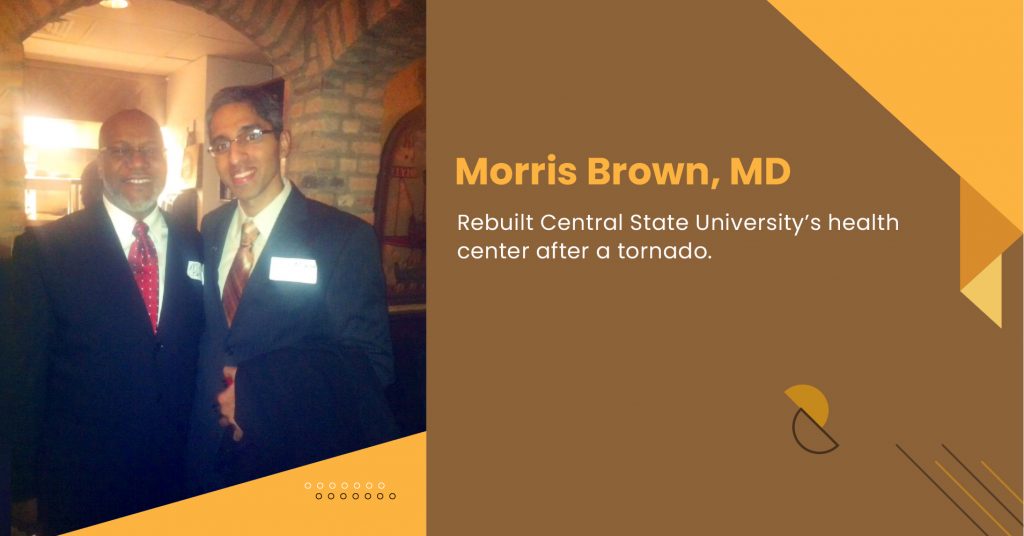
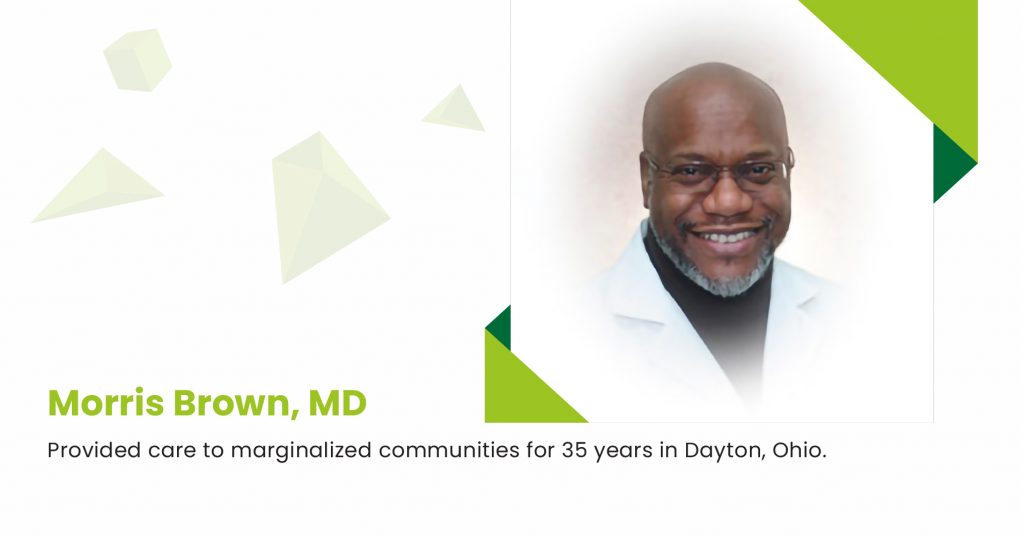
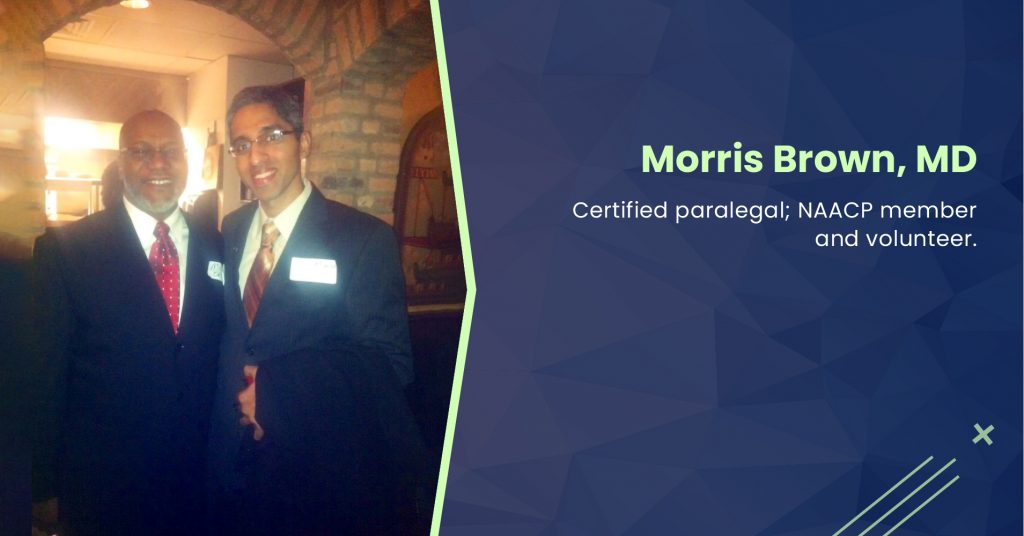

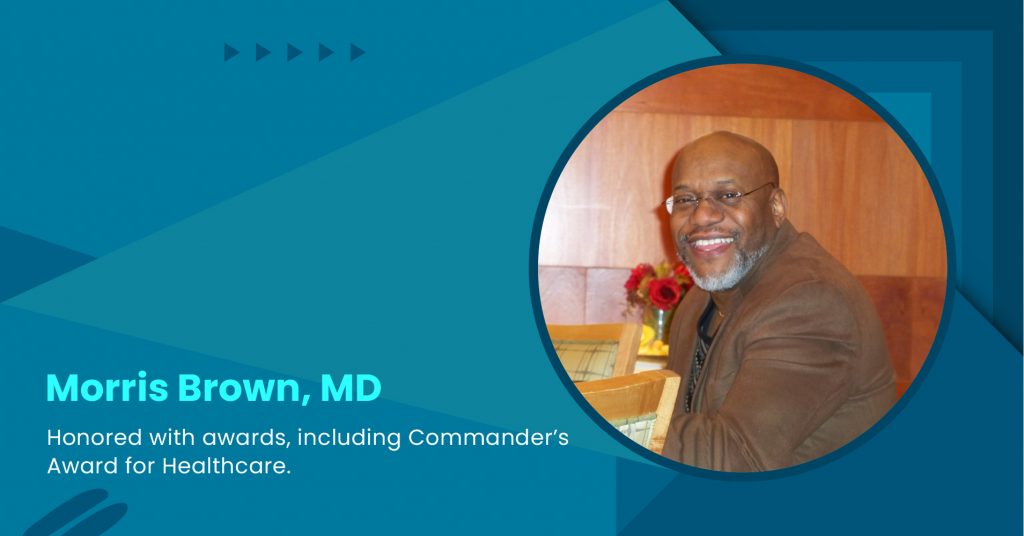
Watch Here:
from the blog



